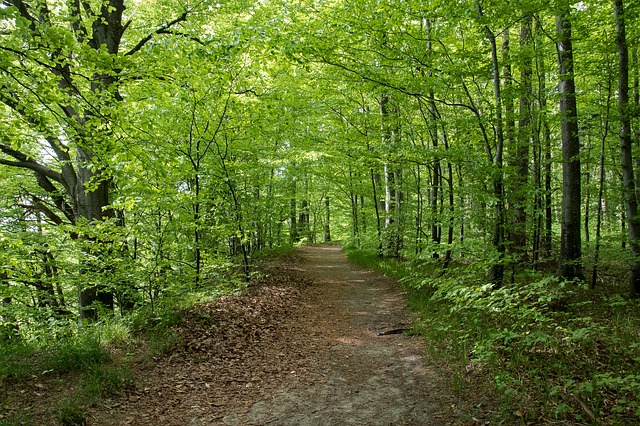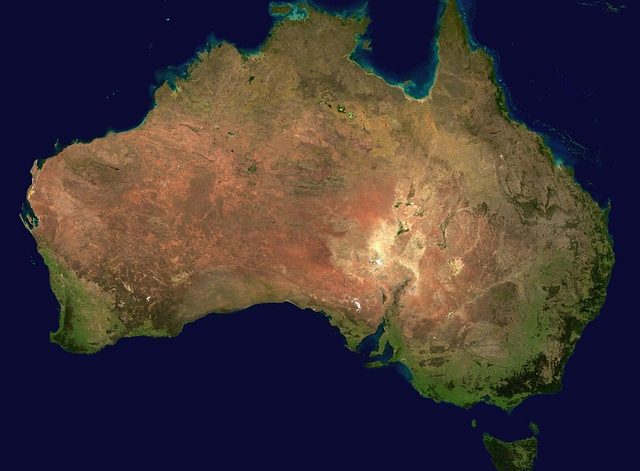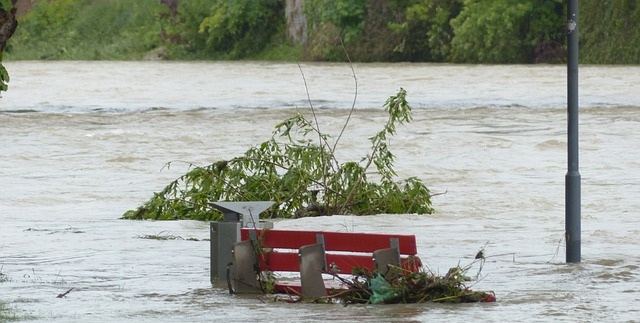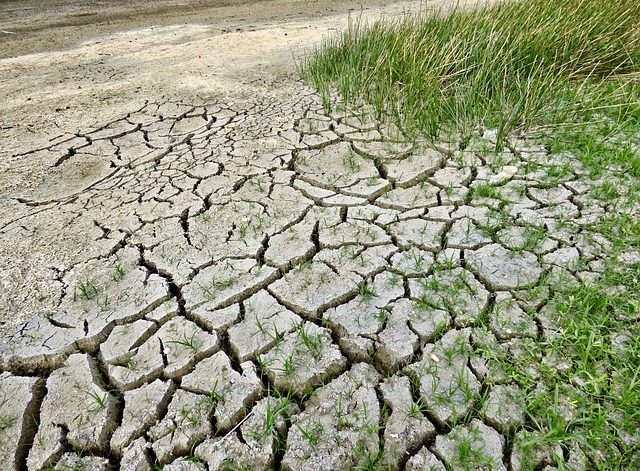INTRODUCTION
Temperate Deciduous / Mixed Forest: It is a biome that consists of deciduous tree species. These are broad-leaf forests with trees that drop their leaves in the autumn.
Mixed Forest: It is a vegetation transition between dominant tree species of broad-leaved deciduous forest and coniferous forest.
Temperate Deciduous and Mixed Forest Biome: It is defined as a temperate climate characterized as terrestrial habitat. It is considered ecoregions having broadleaved tree species and mixed coniferous forests.
Characteristics of Temperate Deciduous and Mixed Forest Biome: It is structurally characterized by 4 layers. From the ground, there is an understory layer covered with herbaceous plants, grasses, a shrub layer, a lower layer of/medium height mature trees, and a canopy layer that consists of tall and matured dominant species.
You might also like to read: Sustainable Forest Management – Methods and Importance
TEMPERATE DECIDUOUS AND MIXED FOREST BIOME OF PAKISTAN
Pakistan has Himalayan moist temperate forests that fall in the category of Western Himalayan broadleaf forests.
Himalayan Moist Temperate Forests: These are evergreen coniferous forests. They have broad-leaved trees and oak species. They have a combination of both deciduous and evergreen species.
Location of Temperate Deciduous and Mixed Forest Biome of Pakistan: The locations include Tribal Areas, Shangla, Azad Jammu Kashmir, Swat, Kaghan, Abbottabad, Murree, Mansehra, and Dir Upper.
Climate of Temperate Deciduous and Mixed Forest Biome of Pakistan: These forests are present in the Western Himalayas between 1500 to 3000-meter elevations with rainfall less than 1000mm. The recorded precipitation is 57 inches. During winters the precipitation is in the form of snow and hail storms. Summers are short.
Northwest disturbances cause rainfall in winters and the forests receive precipitation from the southwest monsoon.
Also read: Coniferous (Taiga or Boreal) Forest of Pakistan – Climatic Biome
BIODIVERSITY OF TEMPERATE DECIDUOUS AND MIXED FOREST BIOME OF PAKISTAN
The flora consists of dominant coniferous trees, broadleaved species, ferns, shrubs, and climbers. The fauna of temperate deciduous and mixed forest consists of mammals, birds, and other species of animals.
FLORA OF TEMPERATE DECIDUOUS FOREST ECOSYSTEM OF PAKISTAN: PLANTS/VEGETATION
| Serial No. | Plants Common Name | Scientific Name |
| 1. | Indian Barberry | Berberis lysium |
| 2. | Himalayan Cedar/Deodar | Cedrus deodara |
| 3. | Himalayan Horse Chestnut | Aesculus indica |
| 4. | Himalayan White Pine | Pinus wallichiana |
| 5. | Himalayan Alder | Alnus nitida |
| 6. | Paradise Apple | Pyrus malus |
| 7. | Evergreen Oak | Quercus ilex |
| 8. | English Yew/Barmi | Taxus baccata |
| 9. | Himalayan Spruce | Picea smithiana |
| 10. | Himalayn Elm | Ulmus wallichiana |
Also check out: Deforestation in Pakistan and Recent Afforestation Drives
FAUNA OF TEMPERATE DECIDUOUS FOREST ECOSYSTEM OF PAKISTAN: ANIMALS
| Serial No. | Animal Common Name | Scientific Name |
| 1. | Cheer Pheasant | Catreus wallichii |
| 2. | Himalayan Monal | Lophophorus impejanus |
| 3. | Himalayan Quail | Ophrysia superciliosa |
| 4. | Kashmir Cave Bat | Myotis longipes |
| 5. | Kashmir Flycatcher | Ficedula subrubra |
| 6. | Orange Bullfinch | Pyrrhula aurantiaca |
| 7. | White-Throated Bushtit | Aegithalos niveogularis |
| 8. | Western Tragopan | Tragopan melanocephalus |
| 9. | Leopard | Panthera pardus |
| 10. | Asian Black Bear | Ursus thibetanus |
Also read: Threats to Natural Ecosystems – Causes, Effects, Management
THREATS TO TEMPERATE DECIDUOUS AND MIXED FOREST BIOME OF PAKISTAN
The common threats are due to human activities that include urbanization, environmental pollution, global warming, climate change, extreme weather events, overgrazing, deforestation, logging, the introduction of invasive species, etc.
Other factors are biodiversity loss due to habitat fragmentation. This happens due to the construction of roads, clearing lands, industrialization, etc.
IMPORTANCE OF TEMPERATE DECIDUOUS AND MIXED FOREST BIOME OF PAKISTAN
The temperate deciduous and mixed forest biome of Pakistan is very important for lakes. These forests are watersheds to Tarbela and Mangla Lakes. They provide habitat to numerous species of animals, plants, and migratory birds. They prevent soil erosion due to dense vegetation.
For information about other types of Biomes or Ecosystem Zones of Pakistan, check out this list of: Ecosystem Zones and Climatic Biomes of Pakistan.
I hope you all liked this post! Please comment below if you have any suggestions, comments, or feedback! We at #envpk love hearing from our readers! Thanks!





2 Comments
Fabulous work jazakillah for your efforts
jazakillah for your efforts
Thank you so much Meshal!